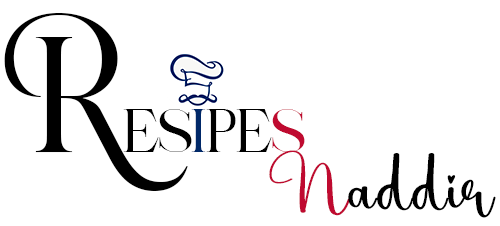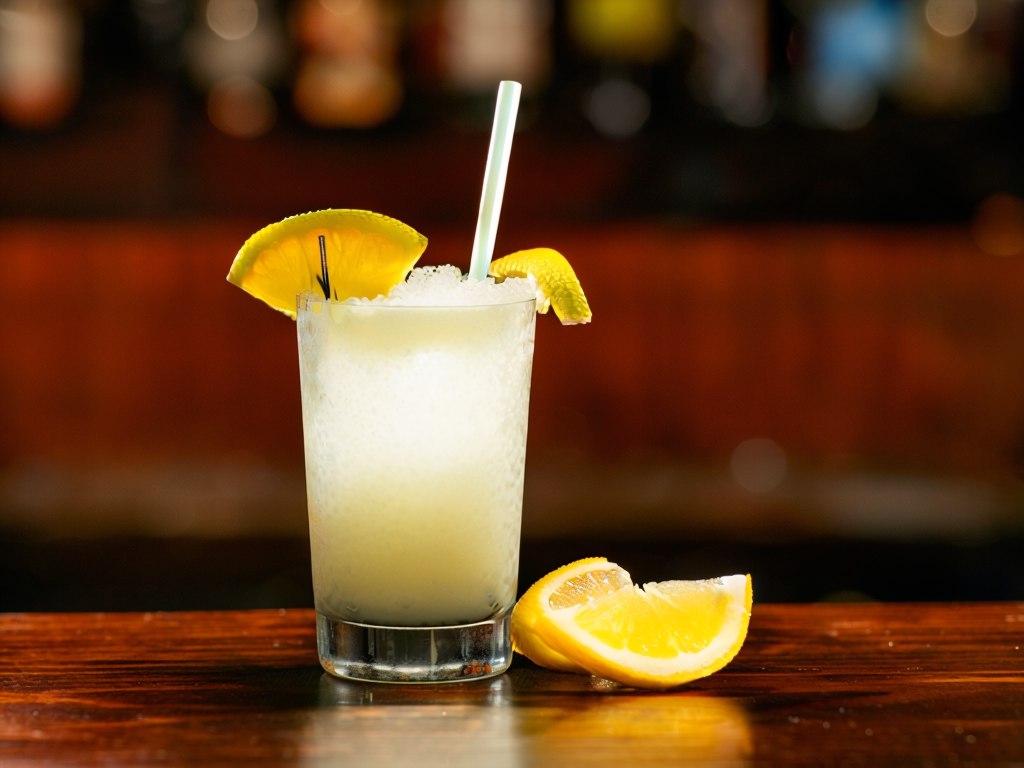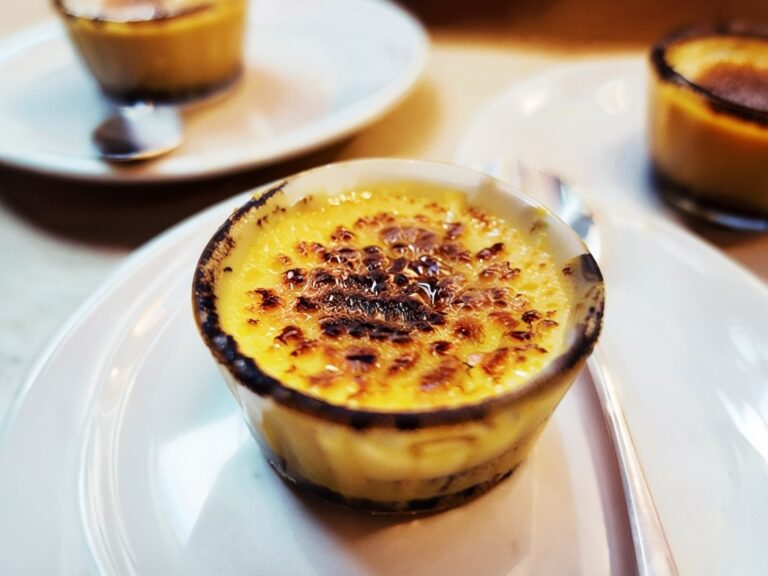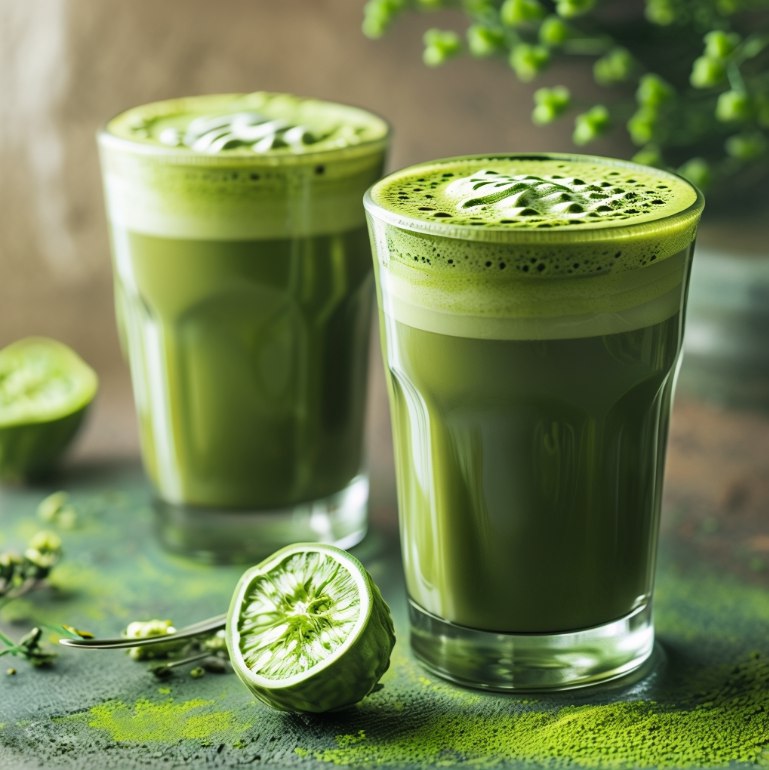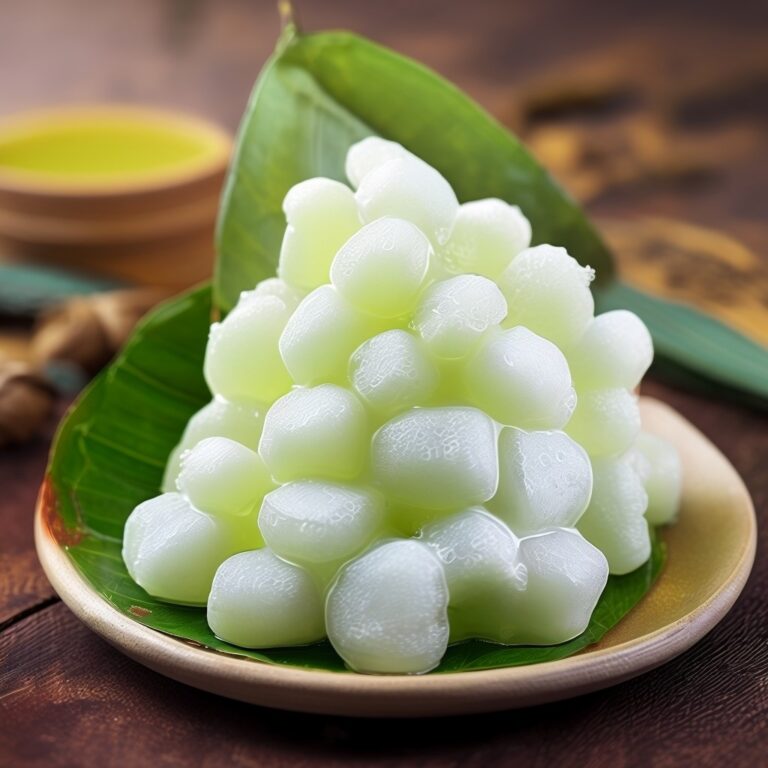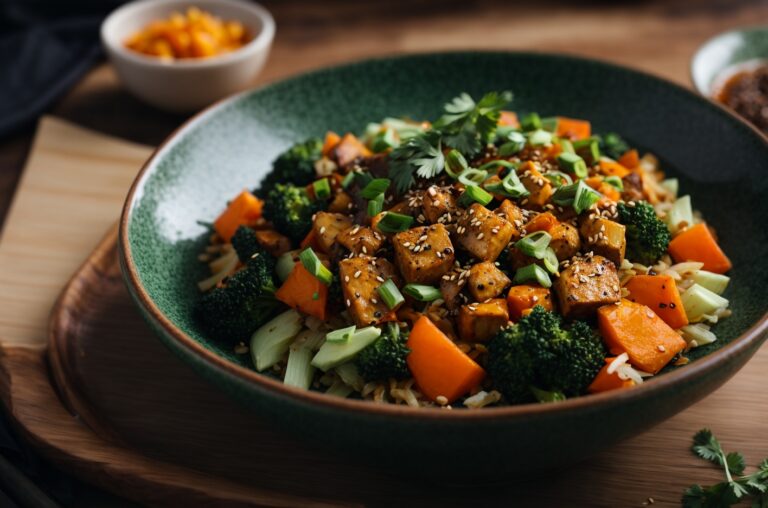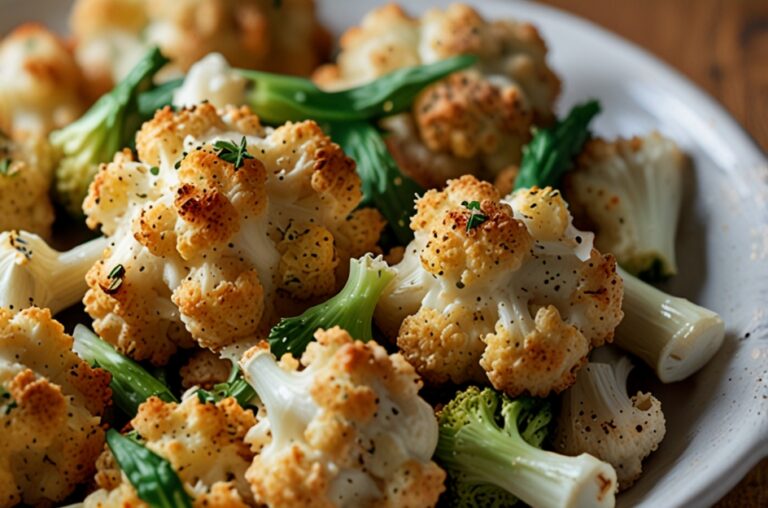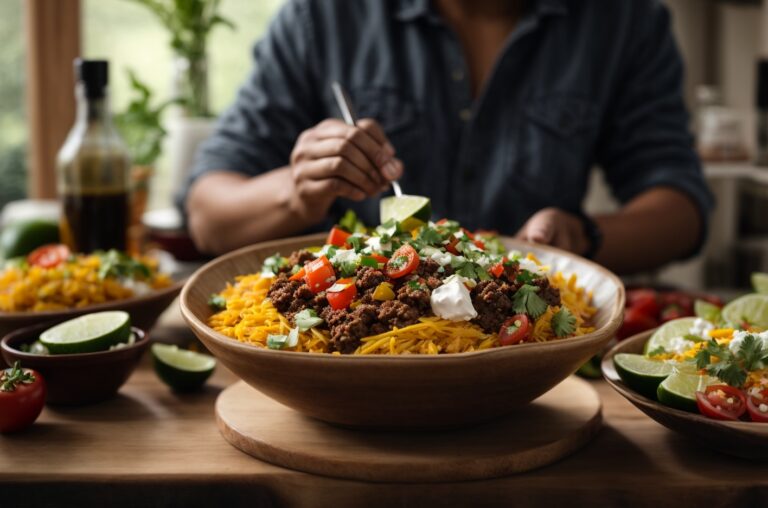daiquiri ingredients
Pronouncing words correctly can often be a challenge, especially with names that originate from different languages. One such word that consistently causes confusion is “daiquiri.” Whether you’re a cocktail enthusiast, a traveler, or someone who simply enjoys indulging in refreshing drinks, knowing how to pronounce “daiquiri” properly can enhance your experience. In this comprehensive guide, we’ll break down the correct pronunciation, explore common mispronunciations, delve into the history behind the word, and much more. By the end, you’ll feel confident ordering a “daiquiri” at any bar or restaurant—pronounced just right.
Table of Contents
| Sr# | Headings |
|---|---|
| 1 | Introduction |
| 2 | The History Behind Daiquiri |
| 3 | How to Pronounce Daiquiri |
| 4 | The Phonetic Breakdown of Daiquiri |
| 5 | Common Mispronunciations |
| 6 | Daiquiri Around the World |
| 7 | Why Pronunciation Matters |
| 8 | Conclusion |
| 9 | FAQs on Daiquiri Pronunciation |
Introduction
Have you ever hesitated before saying a word, unsure if you were about to pronounce it wrong? We’ve all been there, and one word that often leaves people second-guessing is “daiquiri.” Is it “day-kwa-ree”? Or perhaps “die-kwer-ee”? Even seasoned cocktail lovers can stumble over this word. But fear not! In this article, we’re going to get to the bottom of how to correctly pronounce “daiquiri” and explore why it’s essential to get it right.
Pronunciation is more than just getting a sound right; it’s about communication, culture, and respect. Mispronouncing words can sometimes create misunderstandings, especially with terms that have foreign origins. So, why not dive in and master this tricky word? After all, you wouldn’t want to mispronounce the name of one of the world’s most beloved cocktails, would you?
The History Behind Daiquiri
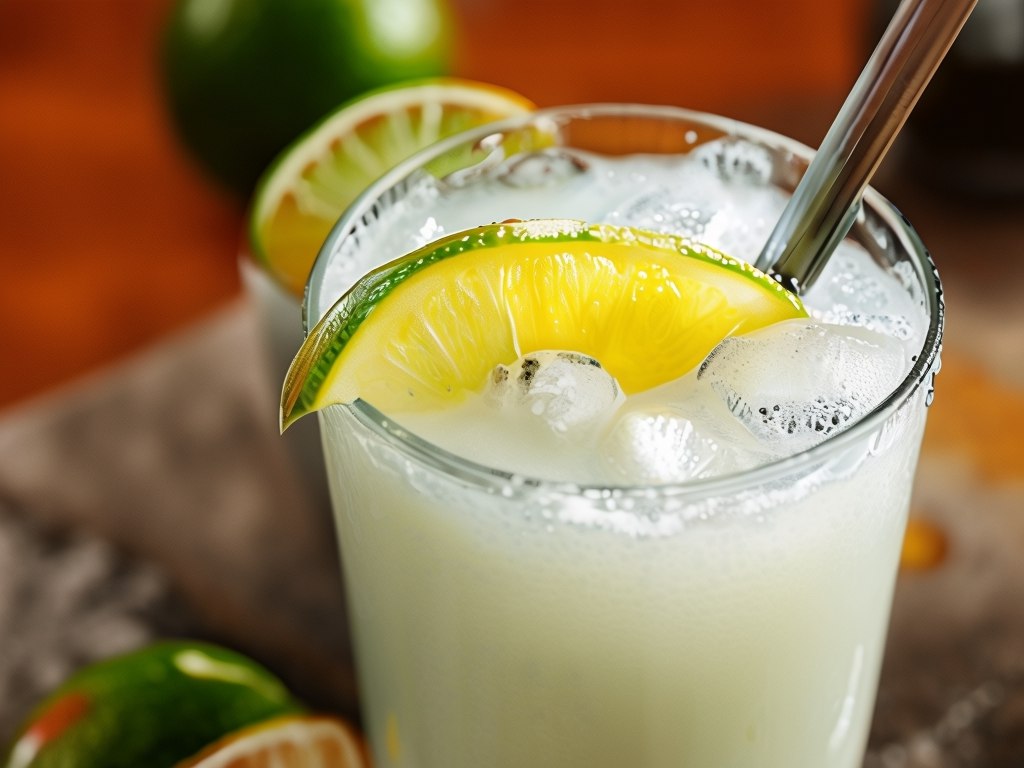
The story of the daiquiri is as fascinating as its refreshing taste. The drink is named after the small town of Daiquirí, located near Santiago de Cuba. It’s said that in the late 19th century, an American engineer named Jennings Cox created the cocktail when he ran out of gin while entertaining guests. He mixed local rum, lime juice, and sugar—an improvisation that became an instant hit.
What does this have to do with pronunciation, you might ask? Understanding the origin of the word helps us better grasp its pronunciation. The word “daiquiri” is a Spanish term, and like many borrowed words, its pronunciation has evolved as it entered different languages. Initially pronounced in the Spanish style—“DAI-kee-ree”—the word took on anglicized forms as it became popular in English-speaking countries.
Knowing the cultural roots of a word adds layers of meaning to its pronunciation. Just like savoring a perfectly balanced daiquiri, understanding its background enhances the experience.
How to Pronounce Daiquiri
Now, let’s get to the heart of the matter: how exactly do you pronounce “daiquiri”?
The correct pronunciation in English is: DAI-ker-ee.
The emphasis is on the first syllable, “dai,” which sounds like “die.” The second part, “ker,” is softer, almost like the “ker” in “curry,” but without the strong “r.” Finally, the word ends with “ee,” which is pronounced like the letter “e.”
To put it simply: Die-ker-ee.
If you’re still unsure, try saying it out loud slowly. “Die-ker-ee.” You’ll notice how smooth and easy the word flows once you get the hang of it. Now that you’ve mastered it, you can confidently order a daiquiri without any hesitation!
The Phonetic Breakdown of Daiquiri
Breaking down the phonetics of “daiquiri” makes it easier to see where common missteps occur. Phonetics is the study of how sounds are made and perceived in language. Let’s analyze “daiquiri” piece by piece:
- “DAI” – This is pronounced like “die.” The “ai” is short and sharp, and it’s the syllable that gets the most emphasis.
- “ker” – This part is softer and less emphasized. Think of the sound “ker” in “curry” but with a lighter touch. The “r” sound should not be overpronounced.
- “ee” – The word finishes with a simple “ee” sound, similar to the word “tree.”
Phonetically, the word is written as /ˈdækəri/. While this looks technical, understanding the phonetic transcription allows you to see where the stress lies. In this case, the stress is on the first syllable, “dai.”
An easy analogy here is thinking of the word “daisy.” The first part of “daiquiri” sounds just like “daisy” without the “sy.” It’s a familiar sound hidden in a less familiar word.

Common Mispronunciations
Even though we now know the correct pronunciation, it’s important to recognize the common mistakes people make when trying to say “daiquiri.” Let’s explore a few of the most frequent errors:
- “Day-kwa-ree” – This is probably the most common mispronunciation. People see the “qu” in the middle and instinctively add a “kwa” sound, but that’s not necessary.
- “Dack-oo-ree” – Adding an extra syllable or changing the emphasis can throw off the word’s rhythm, making it sound unnatural.
- “Die-kuh-ree” – Some people overemphasize the middle syllable, turning the word into “die-kuh-ree” instead of the smoother “die-ker-ee.”
The reason these mispronunciations occur often lies in the fact that “daiquiri” isn’t a word we encounter in everyday conversation, unless you’re a frequent cocktail enthusiast. Therefore, it’s easy for people to guess the pronunciation based on other English words with similar letters, leading to mistakes.
To avoid these pitfalls, practice saying “daiquiri” a few times until it feels natural. Once you’ve got it down, you’ll notice how effortlessly it rolls off the tongue.
Daiquiri Around the World
Interestingly, the pronunciation of “daiquiri” can vary depending on where you are in the world. Although “DAI-ker-ee” is the standard English pronunciation, there are cultural and regional variations.
In Cuba, where the drink originated, the word is pronounced more closely to its Spanish roots: DAI-kee-ree. The “r” is rolled slightly, and the vowels are more distinct. This adds a unique flair to the word, making it sound even more exotic.
In the U.K., the pronunciation tends to be similar to the U.S. version, though you may occasionally hear subtle differences, such as a softer emphasis on the “r.” In some parts of Australia, the “ai” sound can take on a slightly more elongated tone, though the overall structure remains the same.
These differences highlight how language and culture interact. Just as the ingredients of a daiquiri can be adapted to local tastes, so too can the pronunciation of its name. But no matter where you are, as long as you stick to the general “die-ker-ee” format, you’ll be understood.
Why Pronunciation Matters
You might be wondering, “Does it really matter how I pronounce ‘daiquiri’? After all, people will know what I mean.” And while that’s true, pronunciation does matter—especially when it comes to foreign or borrowed words.
Getting the pronunciation right shows respect for the word’s origin. In this case, saying “daiquiri” correctly is a nod to the drink’s Cuban heritage. It’s similar to pronouncing someone’s name correctly. When you take the time to say something the right way, it demonstrates care and attention to detail.
Additionally, proper pronunciation can enhance your social interactions. Imagine you’re at a fancy cocktail bar with friends or colleagues. Mispronouncing a popular drink could lead to an awkward or embarrassing moment. On the flip side, confidently ordering a “daiquiri” can make you come across as knowledgeable and sophisticated.
At its core, pronunciation is about clear communication. When we say words correctly, we minimize the chances of being misunderstood. And when it comes to a word like “daiquiri,” which has traveled across languages and cultures, getting it right connects us to the drink’s rich history and global appeal.
Conclusion
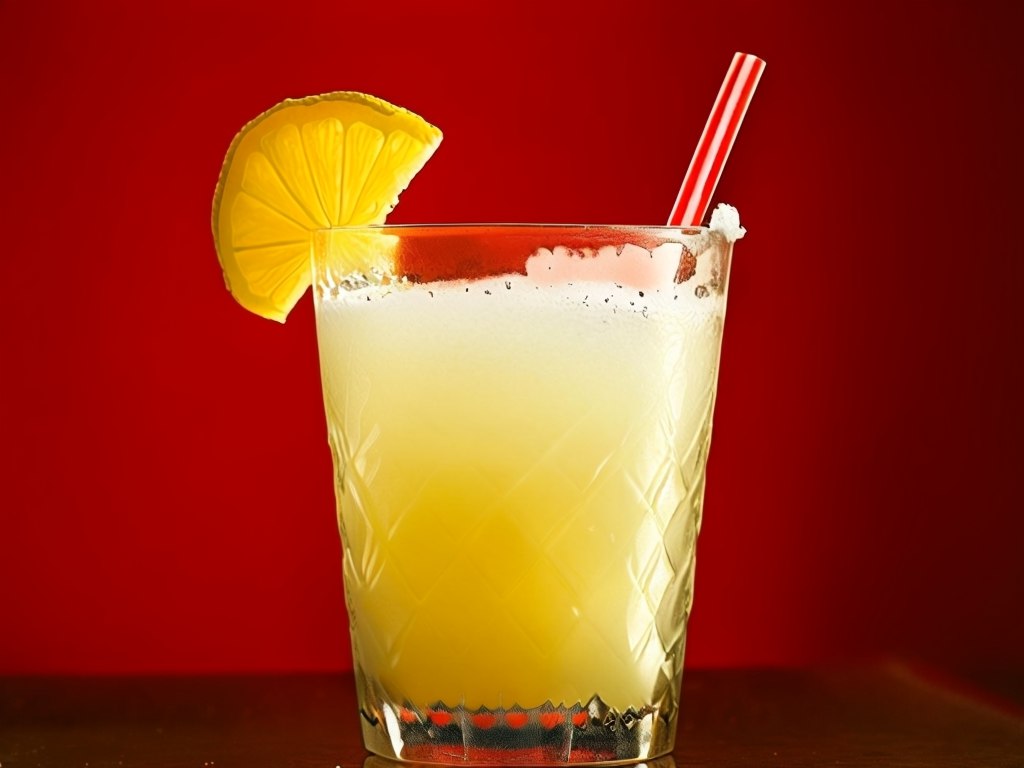
In this guide, we’ve uncovered the secrets behind pronouncing “daiquiri” the right way. From understanding its Cuban roots to breaking down the phonetics, we now know that “daiquiri” is pronounced “DAI-ker-ee,” with the emphasis on the first syllable. While common mispronunciations are inevitable, a little practice can go a long way in getting it right.
But beyond pronunciation, we’ve also explored why saying words correctly matters. Whether you’re ordering a drink at a bar or simply enhancing your vocabulary, knowing how to say “daiquiri” properly adds a touch of elegance to your everyday life.
So the next time you’re in the mood for a refreshing cocktail, don’t hesitate to order a “daiquiri.” And remember, it’s more than just a drink—it’s a word with history, culture, and style.
FAQs on Daiquiri Pronunciation
1. How do you pronounce “daiquiri” in English?
The correct pronunciation is “DAI-ker-ee,” with emphasis on the first syllable.
2. What is the most common mispronunciation of “daiquiri”?
The most common mispronunciation is “Day-kwa-ree,” where people mistakenly add a “kwa” sound in the middle.
3. Why is it important to pronounce “daiquiri” correctly?
Correct pronunciation shows respect for the word’s origin and enhances communication. It can also prevent awkward social moments.
4. How is “daiquiri” pronounced in Cuba?
In Cuba, “daiquiri” is pronounced closer to its Spanish roots: “DAI-kee-ree,” with a slight roll on the “r.”
5. Can the pronunciation of “daiquiri” vary depending on location?
Yes, pronunciation can vary slightly depending on where you are. However, the general “die-ker-ee” format remains widely accepted.
